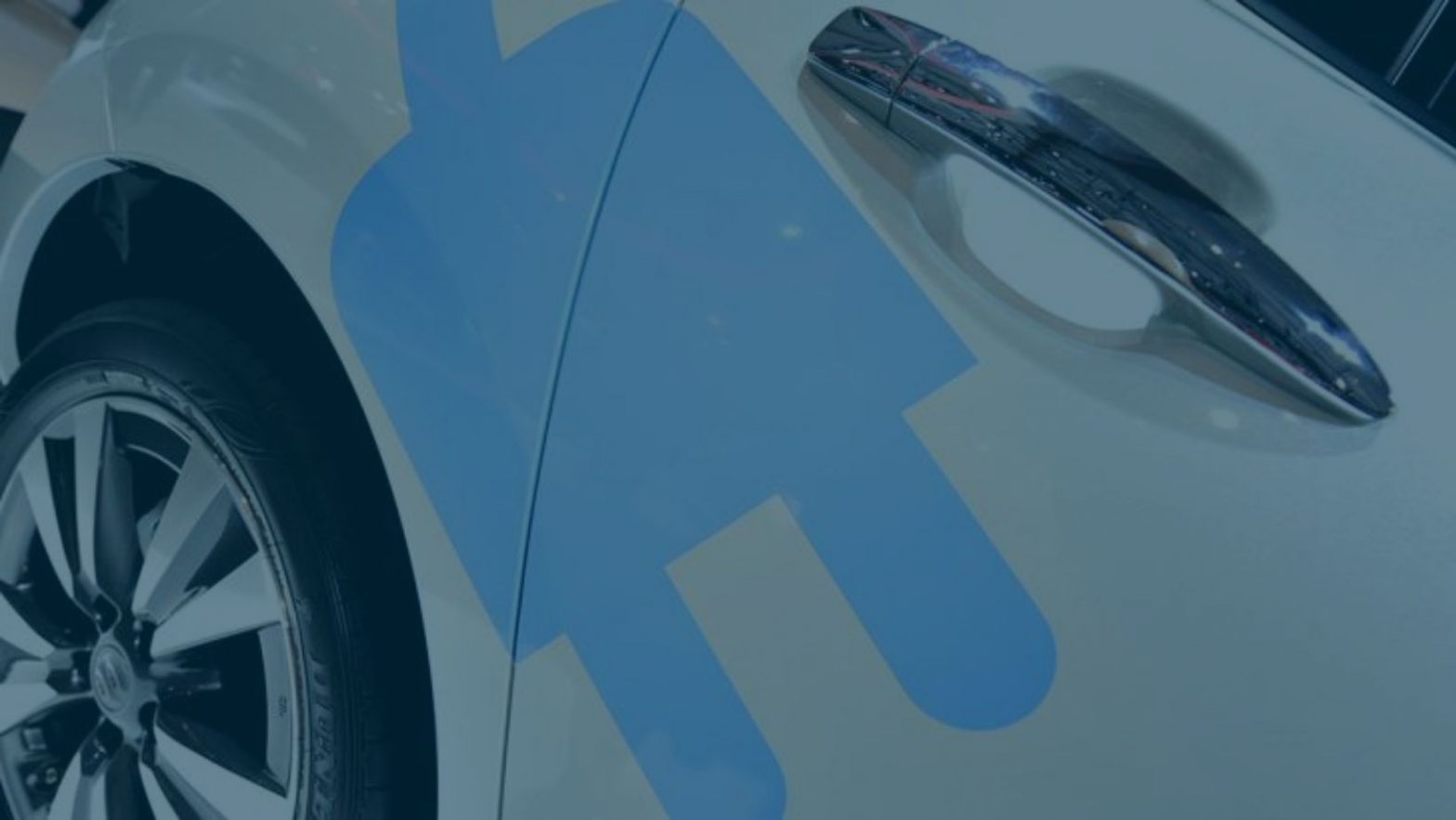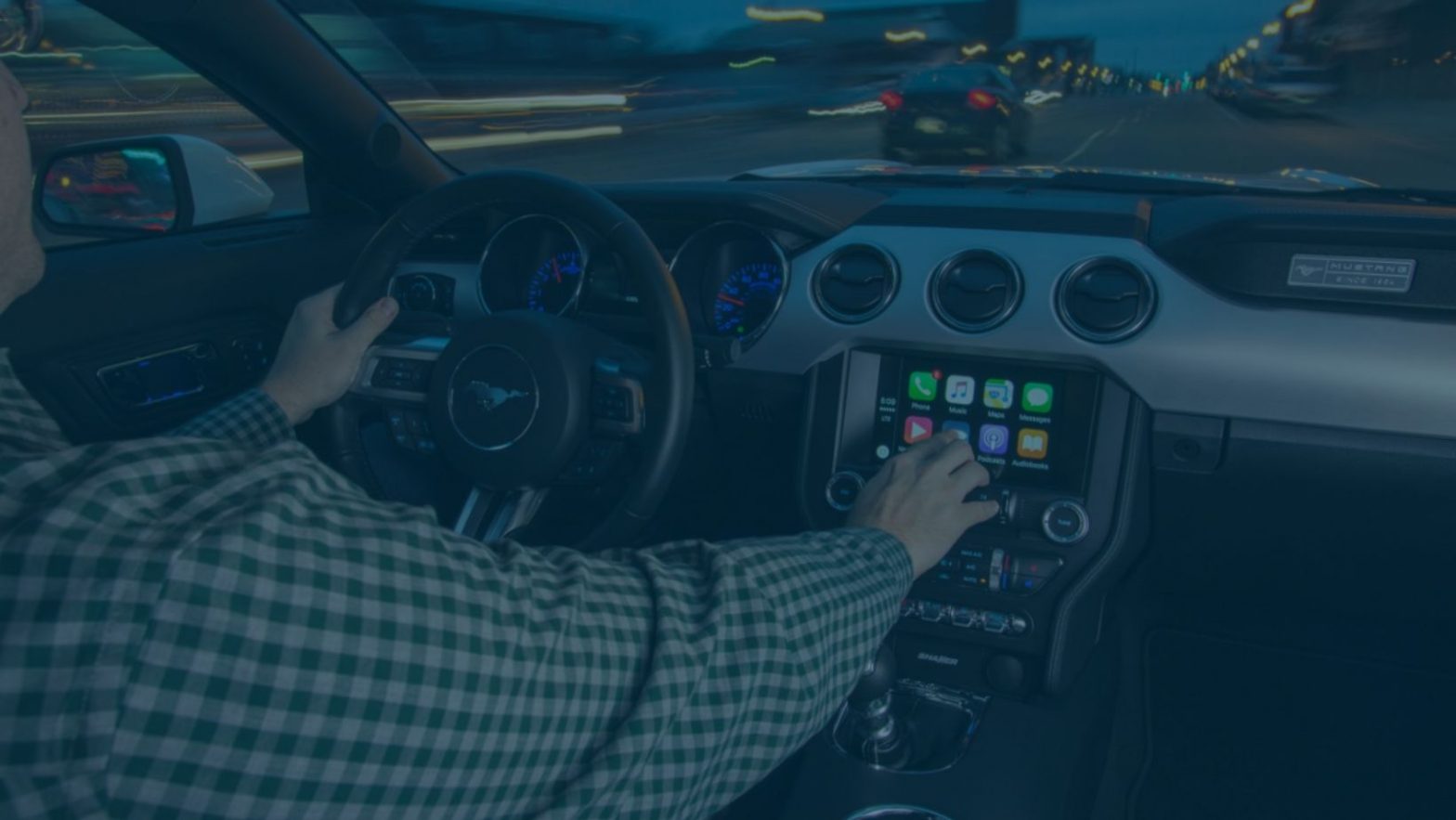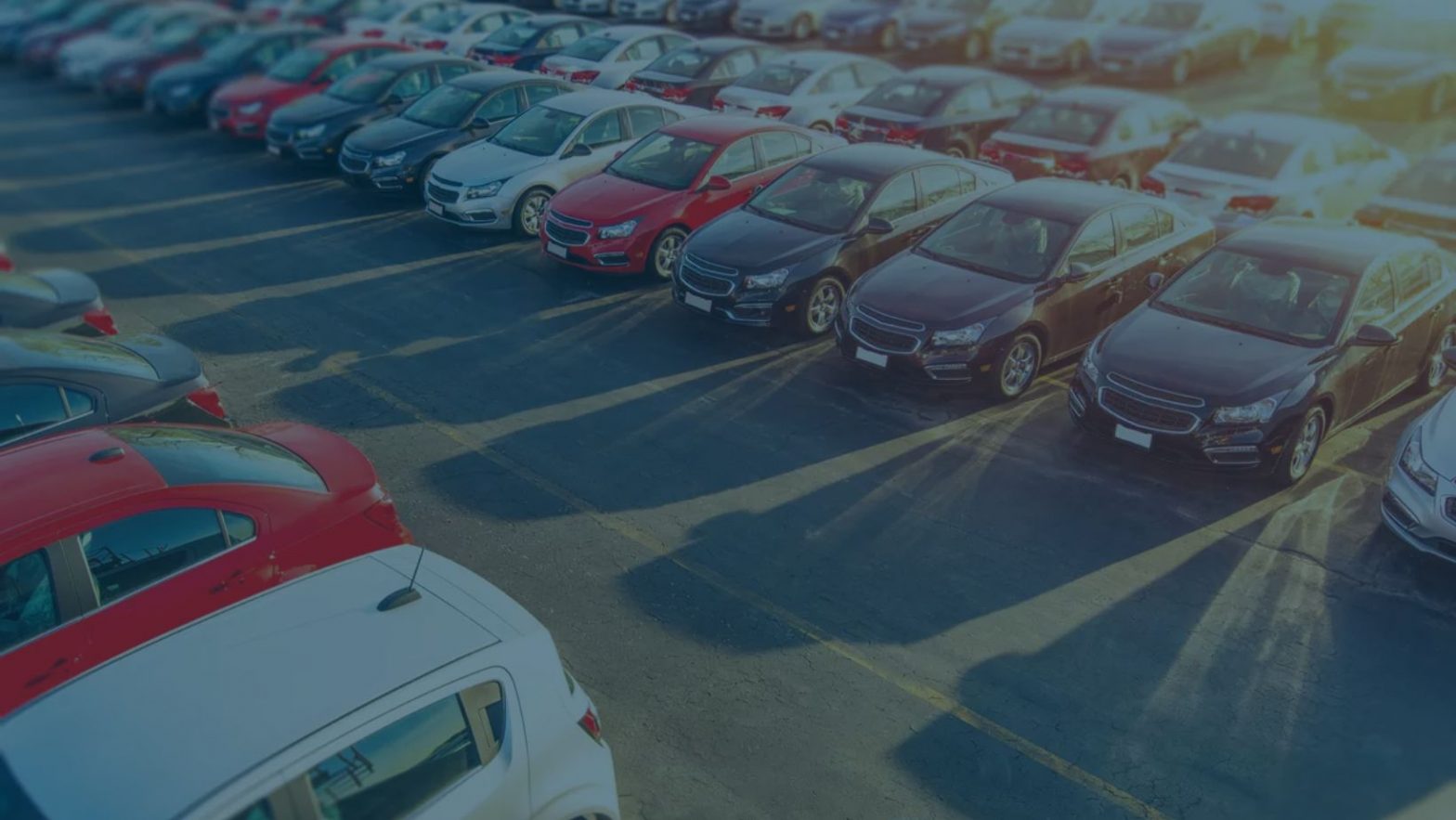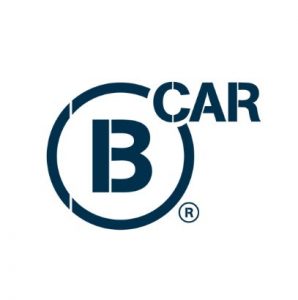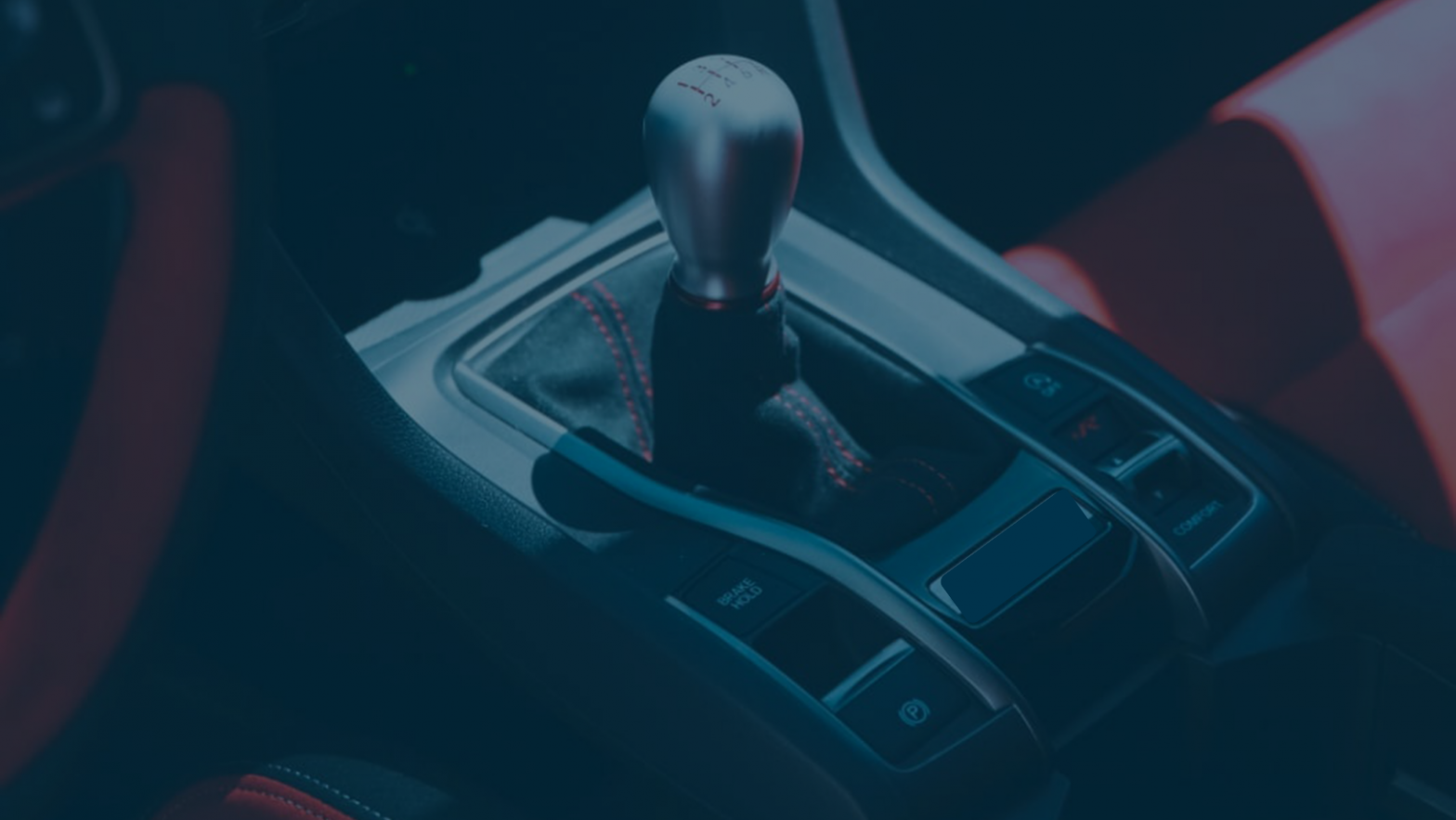
3 brands that continue to rely on manual gearboxes
Nowadays, the trend in the international automotive market towards vehicles with manual gearboxes has been declining.
This is partly due to two reasons. The first to the significant improvements that manufacturers have been able to make to automatic gearboxes, such as improved driving comfort and easier gear shifting.
The second reason is the latent need to find environmentally friendly alternatives for mobility. Electric cars are an increasingly popular option. Virtually all electric vehicles produced are automatic transmissions, relegating manual transmission cars to an increasingly secondary position.
However, despite this trend, most drivers still prefer to drive a manual car. In fact, according to a recent survey, only 29% of Germans prefer automatic gearboxes, compared to 46% of drivers who prefer manual gearboxes and the remaining 25% are indifferent to the type of gearbox.
4 Reasons why people still prefer the manual gearbox
Why do Europeans still prefer manual gearboxes? Some of the reasons that may explain this preference are as follows:
1.Economy: The price of cars with manual gearboxes is one of the main reasons why Europeans continue to prefer manual transmission vehicles. In addition to the purchase, the maintenance of this type of vehicle is usually much cheaper.
2.Experience: For many drivers, the experience of cars with automatic transmissions is not as pleasant. The classic driver wants to manoeuvre his car, feel the control and rev the engine. And this is where automatic cars can never win.
3. Safety: The gearbox plays an important role in driver safety. Although it may seem otherwise, it forces the driver to keep both hands occupied and therefore does not allow him to occupy himself with his mobile phone or other distractions.
4.Vehicle wear and tear: Manual gearchanging allows the driver to slow down the vehicle without having to put so much strain on the brakes or the car’s damping.
Brands will continue to rely on manual gearboxes
Brands such as Volkswagen have been able to pamper the tastes of all their customers by stating that they will keep manual transmissions on offer for as long as the demand lasts. In Europe, the manual transmission remains and will remain a safe bet.
Matthias Rabe, head of technical development at the company, confirms this with the following statement: “There are people who enjoy the joy of manual gearboxes and the company will respond to their preferences”.
Volkswagen, like other leading brands with automatic and DSG dual-clutch versions, thus confirms that it will continue to produce cars with both types of transmission systems so that no one is left behind.
3 brands that continue to rely on the manual gearbox
Volkswagen
In March 2020, the Wolfsburg-based brand will launch the new Golf GTI. Under the bonnet of this front-wheel drive car is a 6-speed manual transmission engine with 245 hp, a four-cylinder TSI and 370 Nm of maximum torque.
The company plans to continue to produce more models with manual transmission availability and in all categories, which provides plenty of scope for European drivers who still enjoy manual transmissions.
For example, another model such as the Volkswagen Tiguan Offroad is available with DSG and a manual transmission – it could not be otherwise for an off-road vehicle with 4motion drive.
Hyundai
The new design of the Hyundai i30 is designed to compete with the Golf GTI. Its much more aerodynamic redesign focuses on increasing the vehicle’s performance.
Like Volkswagen, the Hyundai brand is committed to having models with both powertrains.
In fact, Hyundai has created a manual gearbox but with two pedals. Mixing the passions of the more avant-garde and the more traditional customers.
Finally, it was possible to make us all happy by leaving the fun manual gearbox for shifting gears but eliminating the hassle of going in rhythm with the clutch.
The “Intelligent Manual Transmission” (iMT) has now been added to the Venue range and other brands such as Kia have also installed this technology in some of their hybrid models.
Porsche
Porsche also says that giving up manual transmission cars is a mistake and that they will remain on the market for at least another decade, according to Andreas Preuninger at the launch of its new Porsche 718 Cayman GT4 model.
Half of the German brand’s production are naturally aspirated cars with manual transmissions and they have no plans to stop producing cars with these characteristics.
Andreas Preuninger points out that they have an advantage over the competition because everyone is phasing out the naturally aspirated engine and manual transmission and that in some markets half of the cars are manual and drivers yearn for this type of car.
These are just a few examples of the large portfolio of manual cars that still rely on manual gearboxes. All of them have the latest updates available on the market.
If there is still a demand for this type of vehicle, there is a reason for it.
